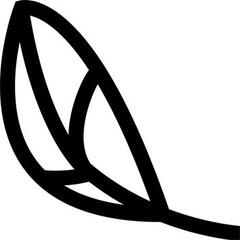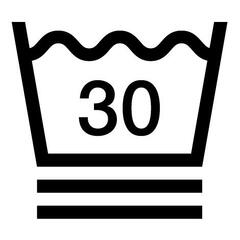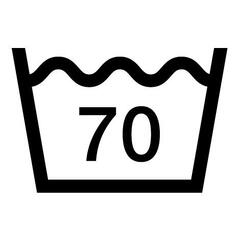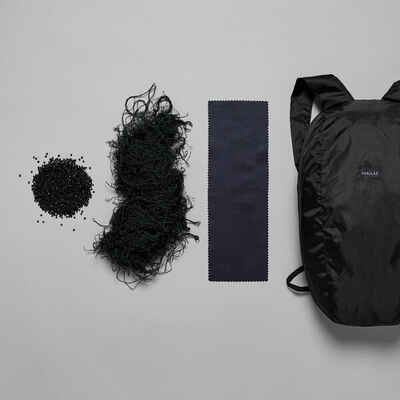Men's hiking shoes - NH ONE
Store Availability
Store Availability
BENEFITS

Lightweight
Each shoe weighs 350 g in size 43.
Traction
The outer sole design and material ensure good grip.
Grip
A patented Outdoor Contact thermoplastic sole ensures 3* grip.
Cushioning
A heel insert and insole in 5 mm EVA foam provide good cushioning.TECHNICAL INFORMATIONS
How are the men’s NH ONE hiking boots tested to guarantee strength and resistance?
These tests allow us to improve the quality of our products and prevent premature wear of our hiking shoes.
How comfortable are the NH ONE men’s hiking boots?
We have also made the insole removable for greater hygiene (washing possible).
What makes the soles of the NH ONE men’s hiking boots grip so well on hiking trails?
When used on roads, this can lead to the premature wear of your boots and cause discomfort. They are not suitable for high mountain walking.
composition
composition
Tips for storage and maintenance
 DRYING IN A TUMBLE DRYER POSSIBLE. NORMAL TEMPERATURE, MAXIMUM EXHAUST AIR TEMPERATURE OF THE DRUM 80°C.
DRYING IN A TUMBLE DRYER POSSIBLE. NORMAL TEMPERATURE, MAXIMUM EXHAUST AIR TEMPERATURE OF THE DRUM 80°C.
 MAXIMUM WASH TEMPERATURE OF 30°C. VERY MODERATE TREATMENT.
MAXIMUM WASH TEMPERATURE OF 30°C. VERY MODERATE TREATMENT.
 IRON AT A MAXIMUM SOLEPLATE TEMPERATURE OF 150°C.
IRON AT A MAXIMUM SOLEPLATE TEMPERATURE OF 150°C.
 MAXIMUM WASH TEMPERATURE 70°C. NORMAL TREATMENT.
MAXIMUM WASH TEMPERATURE 70°C. NORMAL TREATMENT.
 IRONING AT A MAXIMUM IRON SOLEPLATE TEMPERATURE OF 200°C.
IRONING AT A MAXIMUM IRON SOLEPLATE TEMPERATURE OF 200°C.
Storage tips
Restrictions on use
TESTS AND WARRANTY
Test product
Warranty
Agree by
Ecodesign approach
With ecodesign, we reduce the environmental impact of our products.
Analysing the product's environmental footprint enabled us to identify the most impactful stages of its life cycle. Thanks to this approach, our design teams were able to develop this product while significantly reducing its environmental impact.
Ecodesign actions on this product
-
 Process
ProcessDope dyed
Product made from 12% dope dyed yarn
Using this mass-dyeing process enables us to reduce CO2 emissions linked to the production of dyed textiles by at least 46% compared to conventional dyeing.
-
 Environmental Impact
Environmental ImpactDesigned to reduce environmental impact
Product made with a CO2eq reduction of 16% compared to the previous or similar product
Our design teams are working to develop processes that will reduce the impact of a product, while preserving its technical characteristics. This reduction relates to the following indicators: climate change, air pollution, water pollution and resource depletion.